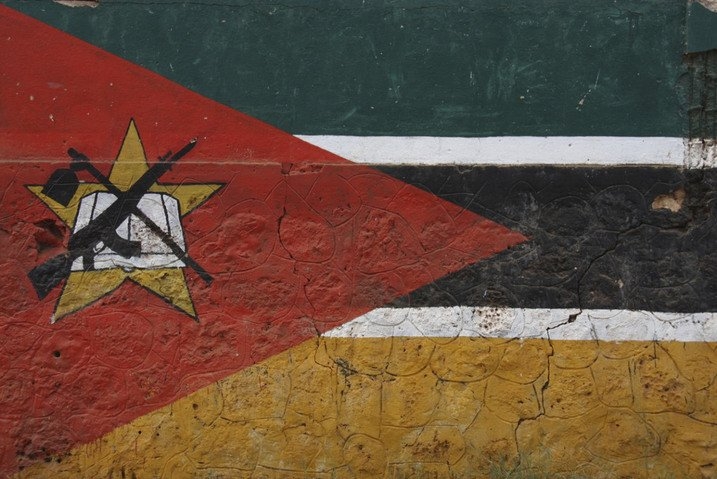As ZAM was preparing the publication of its new investigation into ruby plunder and abuse of local citizens in northern Mozambique, the tragic news of yet another organized crime-inspired murder in that country reached us.
The victim of ‘unknown gunmen,’ this time, was prosecutor Marcelino Vilanculos, who was shot in the head through his car window as he arrived at his home in Matola shortly after 7 PM on 11 April. Vilanculos was in charge of the prosecution of a criminal network that had achieved notoriety for its kidnappings of wealthy individuals, returning them only for hefty ransoms, in Mozambique’s major cities and towns. Two years ago, judge Dinis Silica, who had investigated the same kidnapping conglomerate, was assassinated in similar gunmen-style in the country’s capital Maputo.
Between the murders of Silica and Vilanculos, Mozambique had also been shaken by two other brazen assassinations. The first of these was a hit, on 3 March 2015, on prominent constitutional lawyer and ruling party adviser Gilles Cistac. Cistac had advised positively on the devolution of powers towards the provinces, which would have brought lucrative gas and oil contracts under opposition control. The other was the murder, -like Cistac’s, in broad daylight- of Paulo Machava, a journalist who was vocal about the need to uncover organized crime networks.
Corruption and crime
Murders of Mozambicans who stand up for the rule of law and against those who profiteer from corruption and crime have been a feature of the country since the early 2000’s, when investigative journalist Carlos Cardoso was killed after investigating a large banking fraud scandal involving the high-profile Satar family and then Mozambican President Chissano’s son, Nyimpine. Interestingly, the kidnapping kingpin who was investigated by most recent victim prosecutor Marcelino Vilanculos was ‘Danish’ Abdul Satar, the nephew of ‘Nini’ Satar, the man who was convicted as the mastermind behind Carlos Cardoso’s murder.
As in the case of Nini Satar, some do still get convicted for crimes in Mozambique. More often than not though, important kingpins are released because witnesses are intimidated, documents disappear or other events, such as murder of judicial personnel, interfere with the course of justice. “This is now a state ruled by gangsters,” was the tone of Facebook comments by outraged Mozambican citizens after the news of the Vilanculos murder broke.


